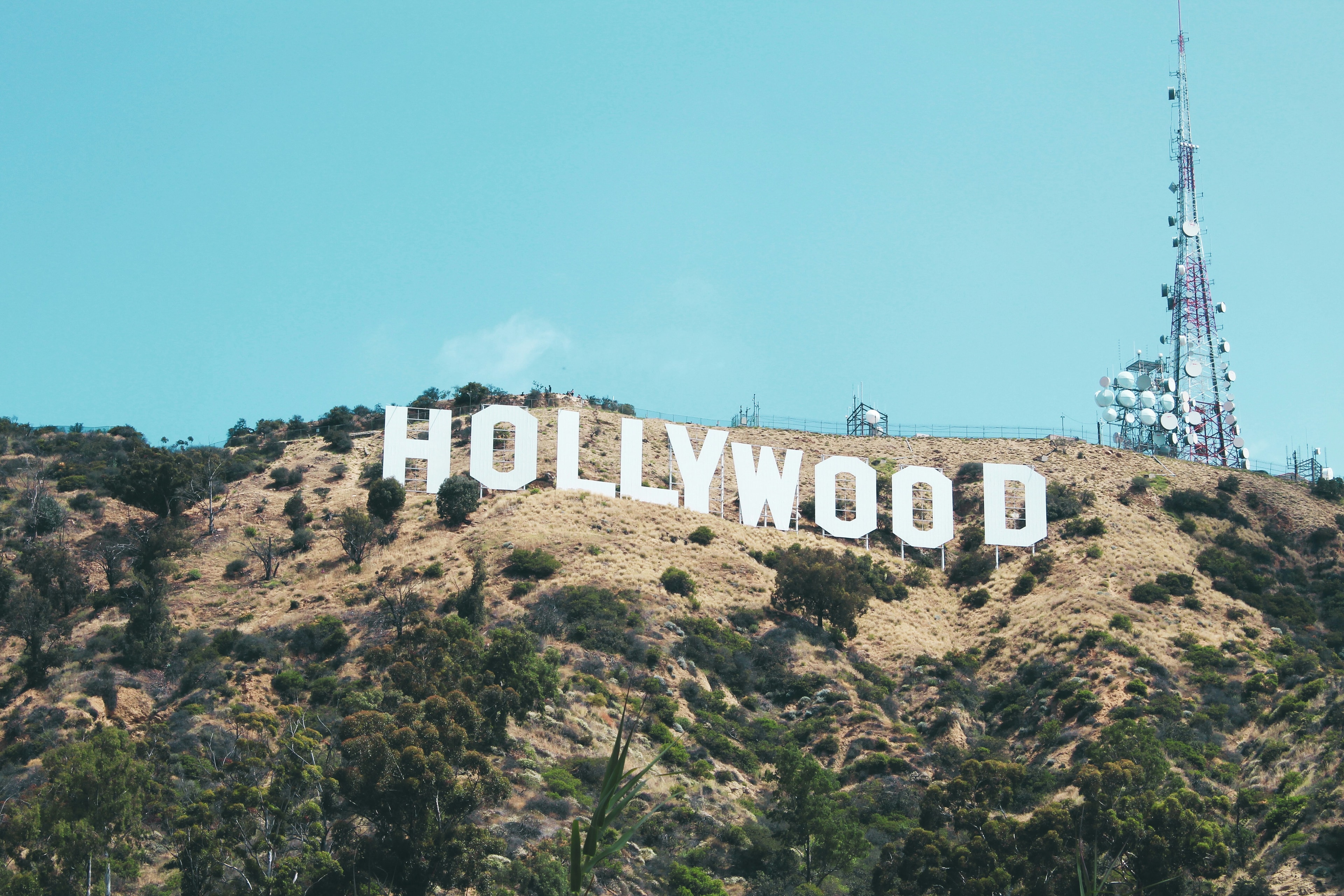On June 12, 2025, a legal clash erupted that could define the creative boundaries of artificial intelligence in entertainment. Disney and Universal, two of the most powerful studios in Hollywood, filed a joint copyright infringement lawsuit against AI image-generation firm Midjourney. At the heart of the complaint lies a pressing concern: that Midjourney’s models were trained using copyrighted images of beloved characters—from Star Wars to Jurassic Park—without consent or licensing. For the entertainment industry, this lawsuit is more than a protective measure. It is a declaration that the legacy of human creativity cannot be freely consumed by machines.
The issue has simmered quietly for months. AI tools like Midjourney can conjure images with stunning precision, synthesizing visual concepts from vast datasets. But those datasets, studios argue, were not ethically sourced. The idea that an AI can generate a version of Darth Vader or the Hulk without a licensing fee, actor involvement, or studio oversight raises existential questions about ownership in a digital age. For Disney and Universal, whose brands are built on tight control of intellectual property, the implications are deeply strategic.
This lawsuit signals a pivotal moment. If the court rules in favor of the studios, it could reshape how generative AI companies operate, forcing them to either purge their training sets or negotiate licensing deals upfront. Such an outcome could also empower smaller creators and IP holders to seek similar protections, creating ripple effects across music, fashion, literature, and gaming. Alternatively, a loss could embolden AI developers to push further into uncharted creative territories, making enforcement of IP rights far more difficult in the years to come.
What’s at stake is not just who profits from Mickey Mouse or Iron Man. It is the very definition of originality, authorship, and value in an era when machines can remix the culture with alarming ease. As the courts begin to grapple with these questions, the industry watches closely. For now, Disney and Universal are drawing a line—and demanding that the future of creativity be built on permission, not just potential.
